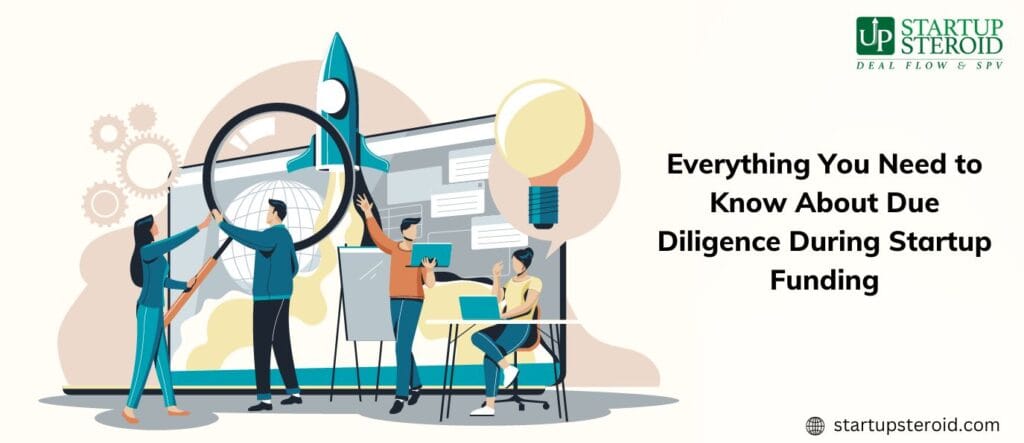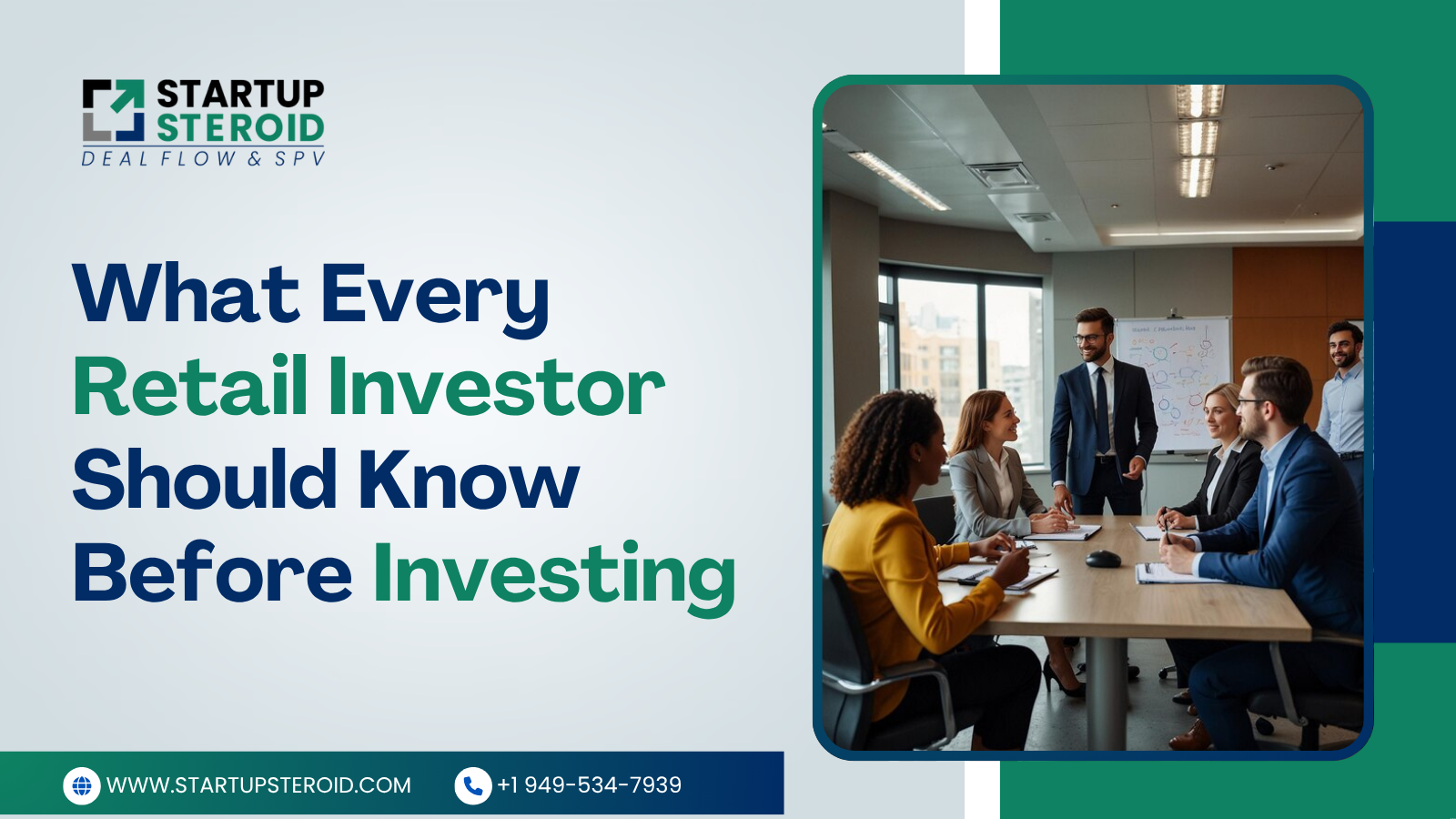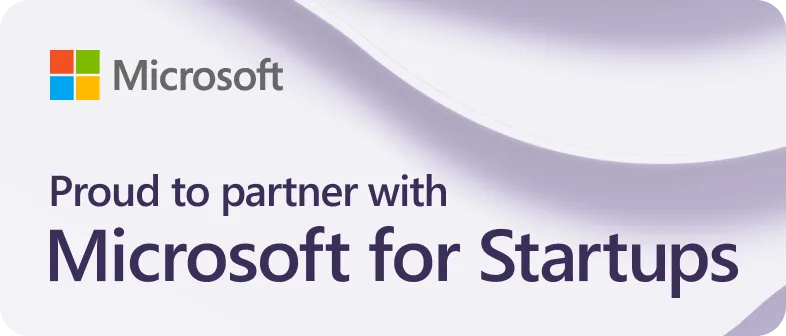In simple terms, due diligence refers to a systematic process through which VC (Venture Capital) investors and angels have professionals to audit and scrutinize the selected startup before investing their funds in it. So, due diligence usually takes place in the second or third meeting with investors.
From the investors’ point of view, startup due diligence helps them assess the company’s financial and operational details, along with other key information that investors should know. Due diligence provides investors with another opportunity to review or rescind their termsheet or MoUs with the startup based on the outcome of the diligence report.
It provides investors with insights into the startup’s operations, financial health, market positioning, intellectual property, team capabilities, and more. It’s also a systematic approach to identifying red flags, validating claims, and aligning investment decisions with calculated risk.
The more transparent a startup is, the better will be its outcome through due diligence, thus enhancing its chance of getting funded by VCs or angel investors.
Startup Transparency: Why It Matters During Due Diligence?
When a startup seeks funding from angel investors, there should be honesty, transparency, and integrity in the firm’s approach and messaging. A clear disclosure of strengths and liabilities from day one lays the foundation for a successful investor-founder relationship.
Conversely, dishonesty or concealing crucial information during due diligence could break that foundation.
Startup founders must acknowledge the firm’s challenges, including legal disputes, disgruntled employees, patent-related claims, and past business mistakes.
The Timing of Due Diligence
Angel investors conduct external investigations, interview past and present employees, and interact with potential target customers, and other stakeholders to understand the startup, its team, culture, and customer experience. Through external investigations, angels can verify the startup founder’s claims.
The timing of due diligence is usually decided by both parties during term sheet creation or MoU signing. After both parties commit, investors typically send a due diligence request form to the selected startup, specifying the required information and documents.

Startup due diligence is a lengthy process, lasting weeks or months, depending on available documents. Having key documents ready can expedite the process. However, if there’s a discrepancy between what you mentioned in your pitch deck and what can’t be verified by documentary evidence, investors might back off and cancel the contract.
Here are some common red flags that usually arise during the due diligence process:
Angel Investing Due Diligence: Red Flags
Missing Agreements: Investors closely examine agreements between startup founders and employees. Ambiguity can discourage investors from funding. Clear agreements with employees about compensation, equities, and responsibilities are crucial.
Issues Relating to Patent or Intellectual Property: If the startup faces IP-related cases, resolving them early through mutual agreement or legal intervention is essential. These cases are complex and can take months to get resolved. Therefore, addressing IP issues should be a startup firm’s top priority.
Documentary Evidence: The startup’s value, growth, ROI, and other financial details should be backed by documentary evidence. Creating a detailed and organized record-keeping system is the need of the hour. It provides access to patent-related files, financial documents, and agreements with various parties and stakeholders, and thus, building confidence and trust among investors.
Getting Ready: Inform your team in advance about angel investing due diligence to prevent delays in getting the necessary documents ready. Allocate time and resources to your team in a meticulous manner, so that their daily office work isn’t affected. This approach facilitates better delegation and a more effective due diligence process.
Here are questions to ask startups before investing during the due diligence process:
The People
- Who are the founders and key members of the management team?
- What is their background and expertise relevant to the startup’s industry?
- How does the team’s composition complement the startup’s vision?
Remember, investors aren’t just investing in a firm; they’re investing in your vision and the firm’s future profitability. They prefer collaborating with people who share their vision and have a compatible personality.
The Financials
- What is the startup’s historical financial performance?
- Are there any existing debts, liabilities, or questionable financial practices?
- How realistic are the projected financial forecasts for the future?
Investors care most about your past finances for predicting future success, even more than your predictions. They’ll deeply review your financial statements, debts, and partner deals. If you’ve made bad deals, spent unwisely, or accumulated too much debt; they might want to reconsider their decision and won’t go ahead with funding.
The Product
- How does the startup’s product or service stand out in the market?
- What is the level of innovation, and how does it disrupt existing norms?
- Are there any intellectual property rights protecting the product or service?
You can expect interested investors to closely examine how your product functions, how it’s made or created, and how you’ll get it to customers. If your startup has a software product or relies on technology, be ready for detailed code checks during angel investing due diligence.
The Market
- What is the startup’s target market, and how significant is its potential?
- How well does the startup understand its market’s dynamics and trends?
- What strategies are in place to capture and expand market share?
During due diligence, investors don’t just check your business; they also care about the market you’re in and your place in it. They’ll want to know the market’s size and your share, including TAM, SAM, and SOM. They might do their research, too. If they think your market has limited growth or your product isn’t a good fit, they might decline the deal.
Equity Structure
What is the ownership structure of the startup, including co-founders, angels, and previous investors?
Are there any complicated equity arrangements that might affect the investment terms?
Startups can have complex ownership setups. Co-founders, angels, and early investors might own parts. Deals with them could affect the startup’s funding stage. That’s why past deals with investors are closely checked during due diligence.
Risk Management
- How does the startup handle potential risks and challenges?
- Is there a plan in place to mitigate unforeseen difficulties?
- What measures are taken to protect both the startup and investors in case of legal disputes?
Investors differ in their comfort level with risk. Some might accept risks for significant rewards, while others prefer safer investments. Both types, however, appreciate companies prepared to manage risks if they arise.
Most funding contracts will require you to obtain directors’ and officers’ insurance (D&O) within 90 days of funding. D&O safeguards your management from claims about mismanagement. If such claims arise, managers could be held responsible. Investors also want a board seat and protection for their assets.

These were just sample questions to ask startups before investing, the actual number of questions and their tone may vary, depending upon the investor.
In Conclusion
Due diligence mirrors startups, aiding self-improvement and identification of weaknesses. It refines business plans, addresses vulnerabilities, and fosters a stronger, more resilient startup.
If your company pitch is honest, due diligence won’t be too hard. Remember, due diligence is costly and time-consuming for investors. Their effort demonstrates commitment and trust in your startup. It offers a valuable opportunity for an impartial evaluation of the company’s strengths and weaknesses.








